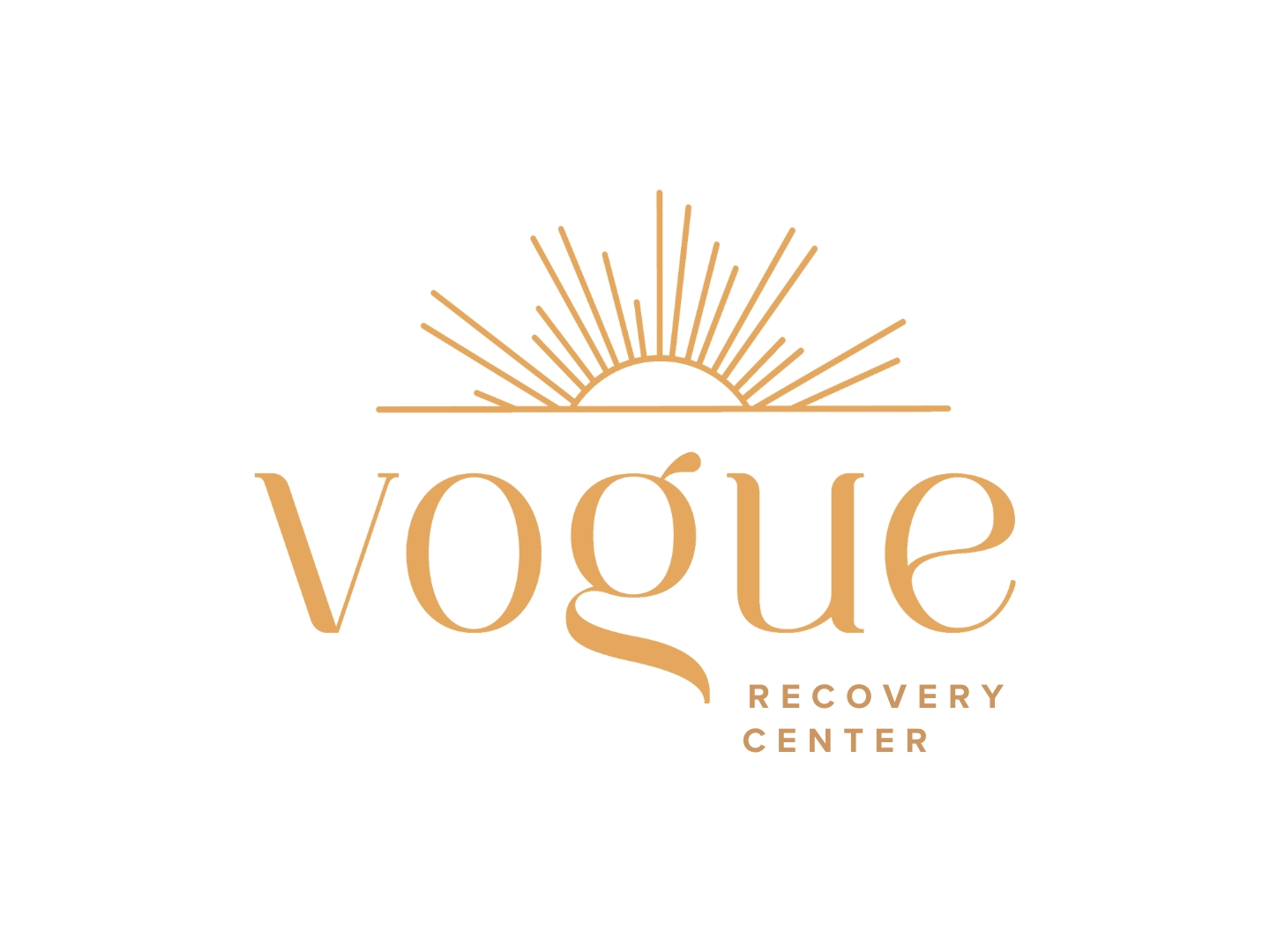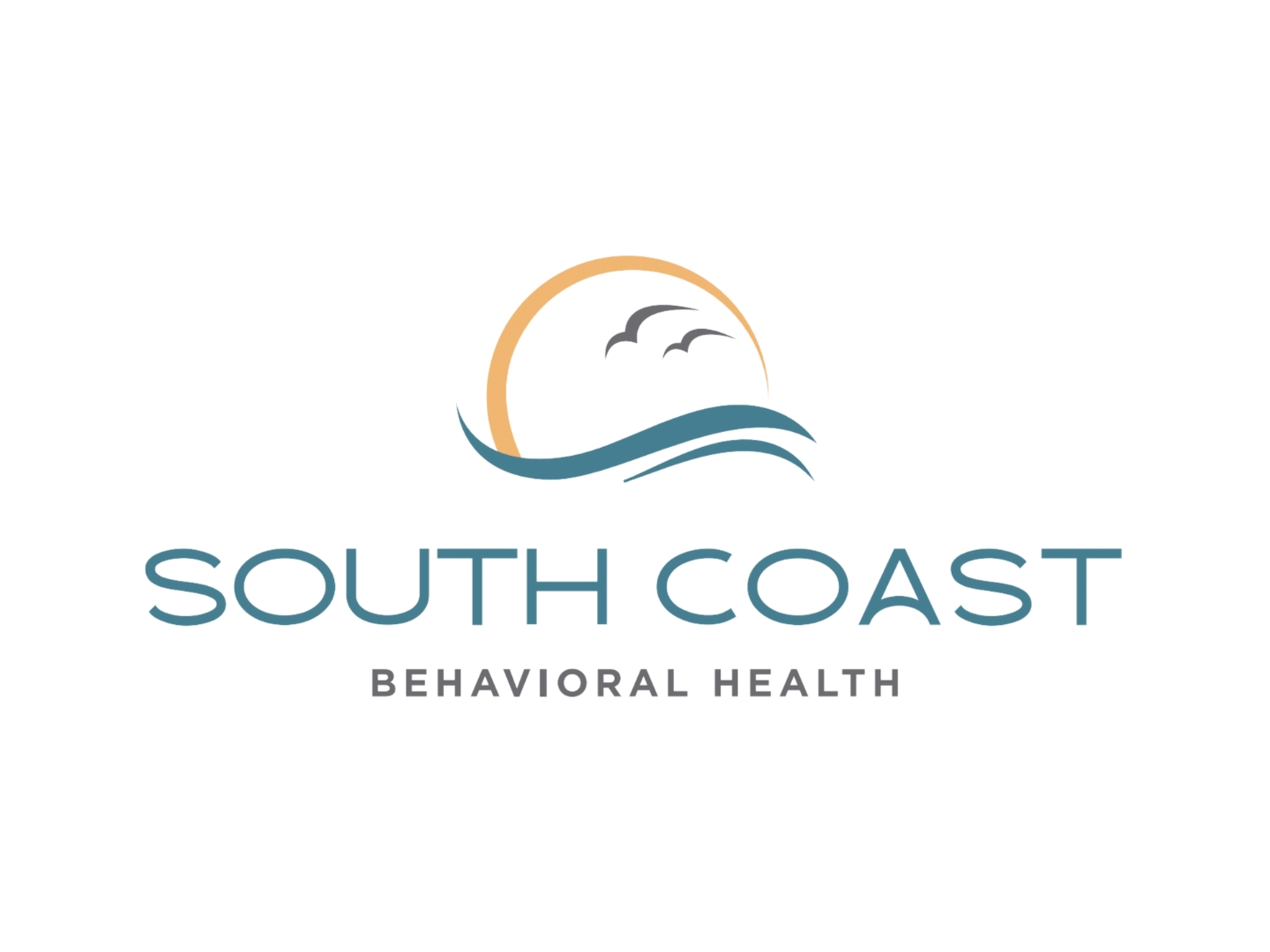Art Therapy
In recent years, holistic therapy has become a major part of behavioral healthcare. One such therapy is art therapy, which uses artistic activities to promote self-expression and healing. At Aliya Health Group, we operate an extensive network of treatment centers across the nation.
These treatment centers use a combined holistic and evidence-based approach to recovery. Part of this holistic method is the use of art therapy activities and exercises to help our clients reconnect with their inner selves.
What Is Art Therapy?
Art therapy is a form of therapy that uses art-making to improve a person’s mental health and well-being. It is led by a trained professional called an art therapist. They typically use art materials and the creative process to help people explore their emotions, develop self-awareness, and cope with challenges.
Art Therapy Mediums
Art therapy exercises can be carried out through a number of mediums. Which of these will best work for you can vary depending on your specific situation, personality, and interests. Some of the most common mediums used in art therapy include:
Painting: Painting can be a great way to express emotions and explore self-awareness. There are many different types of paint that can be used in art therapy, such as acrylics, watercolors, and oils.
Drawing: Drawing is a more structured medium that can be used to explore thoughts and feelings. Pencils, charcoal, and crayons are all common drawing materials used in art therapy.
Collage: Collage is a great way to combine different materials and textures to create a unique artwork. Magazines, newspapers, fabric, and photos are all common collage materials.
Sculpture: Sculpture is a three-dimensional medium that can be used to explore self-expression and identity. Clay, wood, and metal are all common sculpting materials used in art therapy.
Sandtray therapy: Sandtray therapy is a type of art therapy that uses sand and miniature objects to create a scene. This can be a helpful way to explore memories and emotions.
The choice of medium will often depend on your individual needs and preferences. Your art therapist will work with you to choose art therapy techniques and mediums that feel appropriate for you.
Talk to an Admissions Representative | Free, No Obligation, 100% Confidential
How Soon Can I Get Help?
No one should have to wait to heal, which is why our specialists are available 24/7 to help guide you through the admissions process every step of the way.
How Does Art Therapy Work?
Expressive arts therapy is designed to work around a person’s particular situation and needs. This means that it can look different for everyone who participates in it. Here is a general overview of how art therapy works in a treatment setting:
Provides a Safe Space for Expression: Art therapy creates a safe and supportive environment for people to express themselves freely. This is especially true for those who find it difficult to verbalize their feelings.
Goes Beyond Words: Sometimes, difficult emotions or experiences can be hard to put into words. Art therapy offers an alternative way to communicate and process these feelings.
Focus on the Process, Not the Product: There is no pressure to create a masterpiece in art therapy. The focus is on the creative process itself, the act of making art, and how it helps you connect with your inner world.
Uses Symbols and Metaphors: The imagery and colors used in artwork can hold symbolic meaning. This offers your therapist important insight into your thoughts and feelings.
Improves Self-Awareness: Art therapy can help people gain a better understanding of themselves, their emotions, and their experiences.
Art therapists are trained mental health professionals. They understand how art can be used for therapeutic purposes. They will guide you through the art-making process and help you explore the meaning behind your creations.
Art Therapy Prompts
If you are wondering what prompts are used for therapy art, there are a few that may be used during your sessions. These prompts are designed to help give you a push into the creative process and provide structure for delving into your inner thoughts and feelings.
Some common prompts used in art therapy include:
- Drawing how you feel that day
- Creating an emotion wheel
- Sculpting your emotions
- Drawing a place where you feel safe
These are just a few examples of art therapy ideas and prompts that may be suggested to you in your sessions. Depending on your therapist and personal goals, you may be given more complex or targeted prompts.
What Are the Goals of Art Therapy?
Art therapy uses artistic expression to achieve a variety of therapeutic goals. These can change depending on your specific needs and situation but will likely include the following main objectives:
Self-expression and exploration: Art therapy provides a safe space for people to express themselves creatively. This can be especially helpful for those who find verbal expression difficult.
Increased self-awareness: The creative process and the resulting artwork can offer valuable insights into a person. This might include their thoughts, feelings, and experiences.
Improved coping skills: Art therapy can help people develop healthier ways to manage difficult emotions. It can be a great source of relief from stress, anxiety, and other negative feelings.
Boosted self-esteem: Creating art and completing projects can foster a sense of accomplishment and improve self-confidence.
Looking for Recovery Services?
If you or a loved one is struggling with addiction or mental health issues, our admissions team is available 24/7. Our compassionate and understanding team can help answer your mental health treatment questions and get you started on the path to recovery.
Deciding to seek treatment can be intimidating. We are here to make this process as easy as possible. Reach out to us today to learn more about how our treatment centers can help!
- How we can help
- Programs and locations
- Payment options
What to Expect in Art Therapy
Art therapy can be a helpful and creative way to explore your emotions and mental well-being. Knowing what an art therapy session looks like ahead of time can help set you up for success. While this process can look different depending on the person, it will generally involve:
Comfortable Space: Sessions will likely take place in a private, calm space. You may choose to do this individually or in a group environment.
Introduction and Discussion: Your therapist will start by discussing your goals and concerns. This will help them establish a treatment plan for you moving forward.
Choosing Materials: Your therapist will help you select art materials based on your needs and preferences.
Creating Art: There might be prompts or themes to guide you. Ultimately, though, art therapy is about free expression.
Identifying Emotions: Your therapist will help you connect your artwork to your emotions and experiences. This can help you process your feelings and begin to move on from them.
What Does Art Therapy Help With?
Art therapy aims to improve a person’s mental, emotional, and physical well-being. It can be helpful for people of all ages, and it can address a wide range of issues, including:
- Mental Health Disorders
- Emotional Problems
- Developmental Issues
- Physical Health Conditions
Art Therapy for Substance Abuse
Art therapy is designed to help people express themselves creatively and explore their thoughts and feelings. It can be a powerful tool for people struggling with substance abuse. It can provide a safe and supportive space for them to process difficult emotions and experiences.
Of course, it is important to keep in mind that art therapy works best when combined with additional treatment methods. It is not meant to serve as a stand-alone form of treatment. Rather, it is a form of additional emotional support intended to help support people through the harder parts of recovery.
Art Therapy for Mental Health Disorders
Art therapy can be used to treat a variety of conditions, including anxiety, depression, PTSD, and addiction. This form of therapy is not about creating a masterpiece. It is about the process of creating art and what that process reveals about a person’s thoughts and feelings.
Art therapy can be a helpful tool for people who have difficulty expressing themselves in words. It can also be a way to relax and de-stress. Art therapy has been shown to be effective in reducing symptoms of anxiety and depression, improving self-esteem, and coping with trauma.
Art Therapy for Co-Occurring Disorders
Art therapy can be a beneficial treatment for people with co-occurring disorders. This is when two or more mental health conditions that occur at the same time. Co-occurring disorders can be complex and challenging to treat.
Some of the benefits that come with using art therapy for co-occurring disorders include:
- Improved communication and self-awareness
- Reduced symptoms of anxiety, depression, and trauma
- Improved coping skills
- Physical Health Conditions
- Increased self-esteem and empowerment
- Increased sense of accomplishment and joy
Are you ready to leave drugs & alcohol in your past? Reach out today through live chat, email, or phone.
What Are the Benefits of Art Therapy?
Art therapy offers a range of benefits for both mental and physical health. There are several key ways that art therapy can help people in recovery. Some of the main benefits of art therapy include:
- Improved Emotional Expression and Self-Awareness
- Reduced Stress and Anxiety
- Enhanced Self-Esteem and Confidence
- Improved Cognitive Functioning
- Pain Management
Art therapy can be beneficial for people of all ages and backgrounds. It can be used to address a wide range of mental health conditions, as well as physical health challenges. When used as part of a comprehensive treatment approach, it can lead to long-term success in recovery.
Self-Assessment: Am I Addicted?
"*" indicates required fields
How Effective is Art Therapy?
Art therapy shows promise as a beneficial treatment for mental and emotional well-being. Studies have found that art therapy can be helpful to individuals struggling with behavioral health issues in a number of ways, including:
Positive results in various conditions: Studies suggest art therapy can improve symptoms of anxiety, depression, trauma, and even physical pain.
Enhanced self-awareness and expression: People often find it easier to express themselves creatively than verbally, leading to increased self-understanding.
Improved quality of life: Art therapy can be helpful for people of all ages, including children with chronic illnesses and older adults with dementia.
Can Art Therapy Help Me?
Art therapy can be a helpful tool for people of all ages who are struggling with a variety of issues. If you are struggling with mental health issues, addiction, or any other problems, art therapy can be a great resource for you.
To learn more about how art therapy can help you, reach out to us today. Our admissions specialists can help you understand what levels of care will best suit your needs and whether art therapy is a good fit for you.
Tips for Successful Art Therapy
Art therapy can be a powerful tool for self-discovery and healing, but it can be most effective if you approach it with the right mindset. Here are some tips to set yourself up for a successful art therapy experience:
Consider your goals: What do you hope to achieve through art therapy? Discussing this with a therapist can help them tailor the sessions to your needs.
Don’t worry about being “good” at art: Art therapy is about self-expression, not creating masterpieces.
Be open to the process: Embrace the act of creating and try not to get hung up on the final product.
Follow the therapist’s guidance: They will provide prompts and materials, but you have the freedom to explore within those boundaries.
Notice your feelings: Pay attention to what comes up for you as you create. What emotions does the process evoke?
Be willing to discuss your art: Talking about your work with the therapist can help you gain insights into yourself.
Aliya treatment centers use several types of creative art therapy and creative expression to help our clients achieve healthier lives. If you are ready to start your recovery journey or simply wish to learn more about our services, you can reach out to us anytime.
We accept health insurance
Aliya Health Group accepts most major health insurance providers on both a national and local level. Some of the health insurance providers we work include:







Check to see if your insurance is in-network at one of our rehab facilities.
Client Testimonials






Change your life with one call.
We can help.
Frequently Asked Questions
Before entering outpatient treatment for substance abuse, most people have a long list of questions and concerns. To help you gain a better understanding of what to expect during outpatient programs, we have compiled a list of our most frequently asked questions.
Yes, our rehabilitation facilities have designated smoking areas available. However, kindly note that all cigarettes brought into the facility must be in unopened packs or cartons. The same rule applies to any cigarettes sent or brought by family or friends. Our staff will be more than happy to provide you with additional details regarding these guidelines during the admission process.
Yes, in most cases, we can offer repayment options tailored to your unique circumstances. For more details regarding personal repayment options, we recommend reaching out to our admissions team. They’ll be more than happy to assist you.
We accept all major insurance plans at our treatment locations. To learn more about insurance and treatment cost, contact our admissions team or fill out our secure insurance verification form.
Yes, we provide integrative dual diagnostics alongside a wide array of treatment modalities. Our core objective revolves around tackling addiction, while simultaneously addressing the underlying factors that contribute to substance use disorders. Our mission is to deliver effective and holistic care that encompasses both symptom management and the exploration of root causes of addiction.
In terms of cost, outpatient treatment is typically more affordable than inpatient options which require round-the-clock medical supervision. This makes it a viable solution for individuals who may be deterred from seeking help due to financial constraints.








